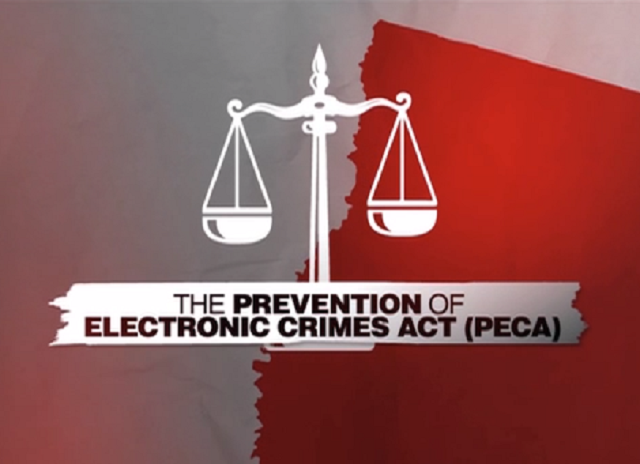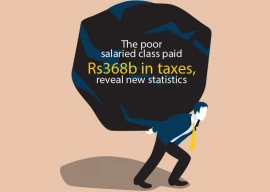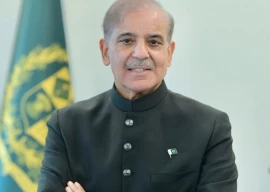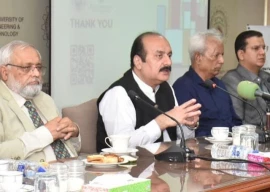
The special courts recently established to hold trials of "digital terrorists" under the Prevention of Electronic Crimes Act (PECA), 2016 will be bound to conclude the trial in three months.
The Ministry of Law on July 19 issued a notification, designating some lower courts in Islamabadin consultation with the chief justice of the Islamabad High Court (IHC)to hold trial of people booked under PECA, 2016.
Sources in the ruling coalition revealed that the recently-arrested PTI officials, including Information Secretary Raoof Hasan, International Media Coordinator Ahmed Waqas Janjua and others could also be tried in the newly-designated courts.
Under PECA, any criminal involved in digital crimes can be prosecuted by the Federal Investigation Agency (FIA) and the police. After registering a case of digital crime, the police are obliged to send the matter to the FIA for technical opinion and investigation, which will be carried out by an officer of inspector rank.
If a joint investigation team (JIT) is formed by the federal or provincial government, it will consist of 5 officers from various agencies up to grade 18. The federal and provincial governments can form one or more investigation teams for digital crimes.
The JIT or the investigating officer for digital crimes is required to complete investigations against the accused within 45 days of the court's hearing.
The federal government, in consultation with the chief justice of the relevant high court, will also arrange special training for the judges of these special courts in computer sciences, cyber forensics, electronic transactions, and data protection.
Courts established under PECA will conduct weekly hearings of cases and decide within three months. If not, the matter will be brought to the notice of the chief justice of the relevant high court for appropriate instructions.
A case filed under PECA against PTI's Raoof Hasan has sparked new debates in the political and legal arena. The FIA registered a case against Hasan and PTI social media representatives under sections 9, 10, and 11 of the act. The charges in the case could lead to a combined sentence of up to 28 years and a fine of up to Rs60 million.
Under section 9 of PECA, anyone who commits a crime by preparing or spreading information related to the activities of a convicted person, banned organizations, or individuals involved in terrorism through any information system or device, can be sentenced to 7 years in prison, fined Rs10 million, or both.
Section 10 of PECA deals with cyber-terrorism and includes offenses such as unauthorized access to critical infrastructure information systems or data (section 6), unauthorized copying or transfer of information systems or data (section 7), and interference or damage to information systems (section 8).
If proven guilty of causing fear, anxiety, insecurity, promoting interfaith, sectarian, or racial hatred, or advancing the objectives of banned organizations or individuals, the offender can be sentenced to 14 years in prison and fined up to 50 million rupees.
Section 11 of PECA provides a 7-year prison sentence for creating or spreading any information that promotes interfaith, sectarian, or racial hatred through hate speech.
Commenting on the development. Islamabad High Court Bar Association (IHCBA) President Riyasat Ali Azad said laws in our country are used more for political revenge than for eliminating crimes.
"The case filed under PECA against a party leader is an example of this. Laws should be used to provide access to justice, not for political revenge," he said.
Legal expert Barrister Qasim Nawaz Abbasi said the establishment of special courts under PECA was necessary, but it was delayed by 8 years. Digital courts should have been established immediately under this law after its promulgation in August 2016, he said.
"Under Section 44 of PECA, special judges have been appointed who will make decisions on cyber and digital crimes, and special training for these judges is also mandatory under the same act," he added.








-(1)1717678110-0/Kendrick-(1)-(1)1717678110-0-270x192.webp)










COMMENTS
Comments are moderated and generally will be posted if they are on-topic and not abusive.
For more information, please see our Comments FAQ